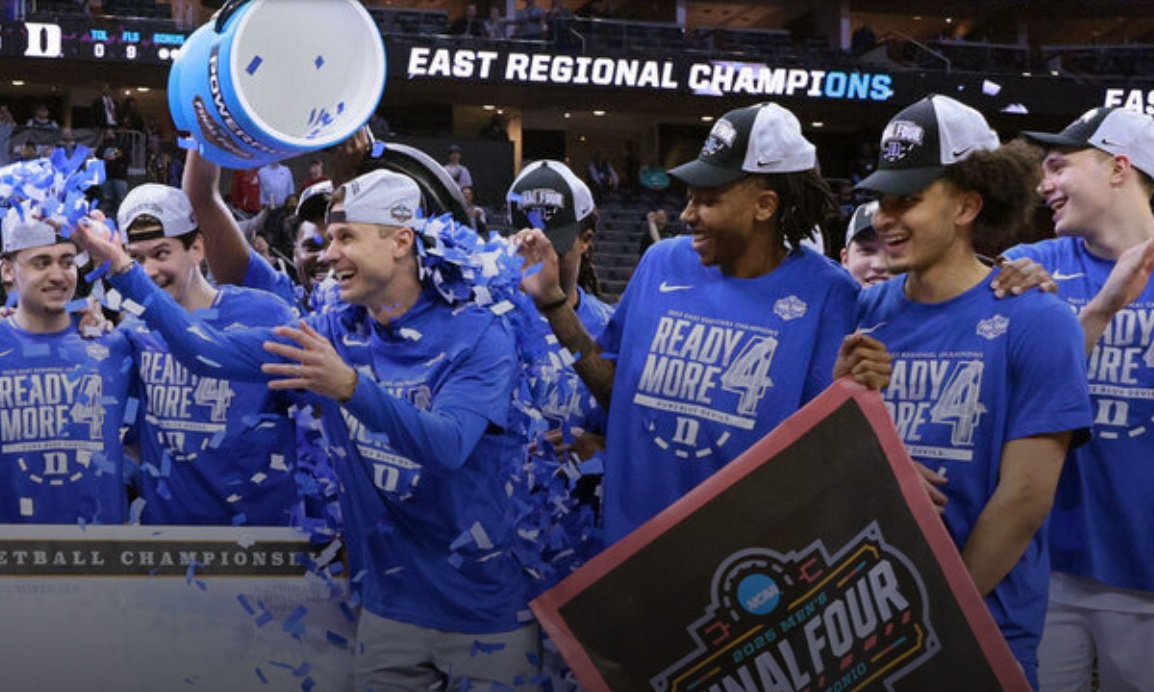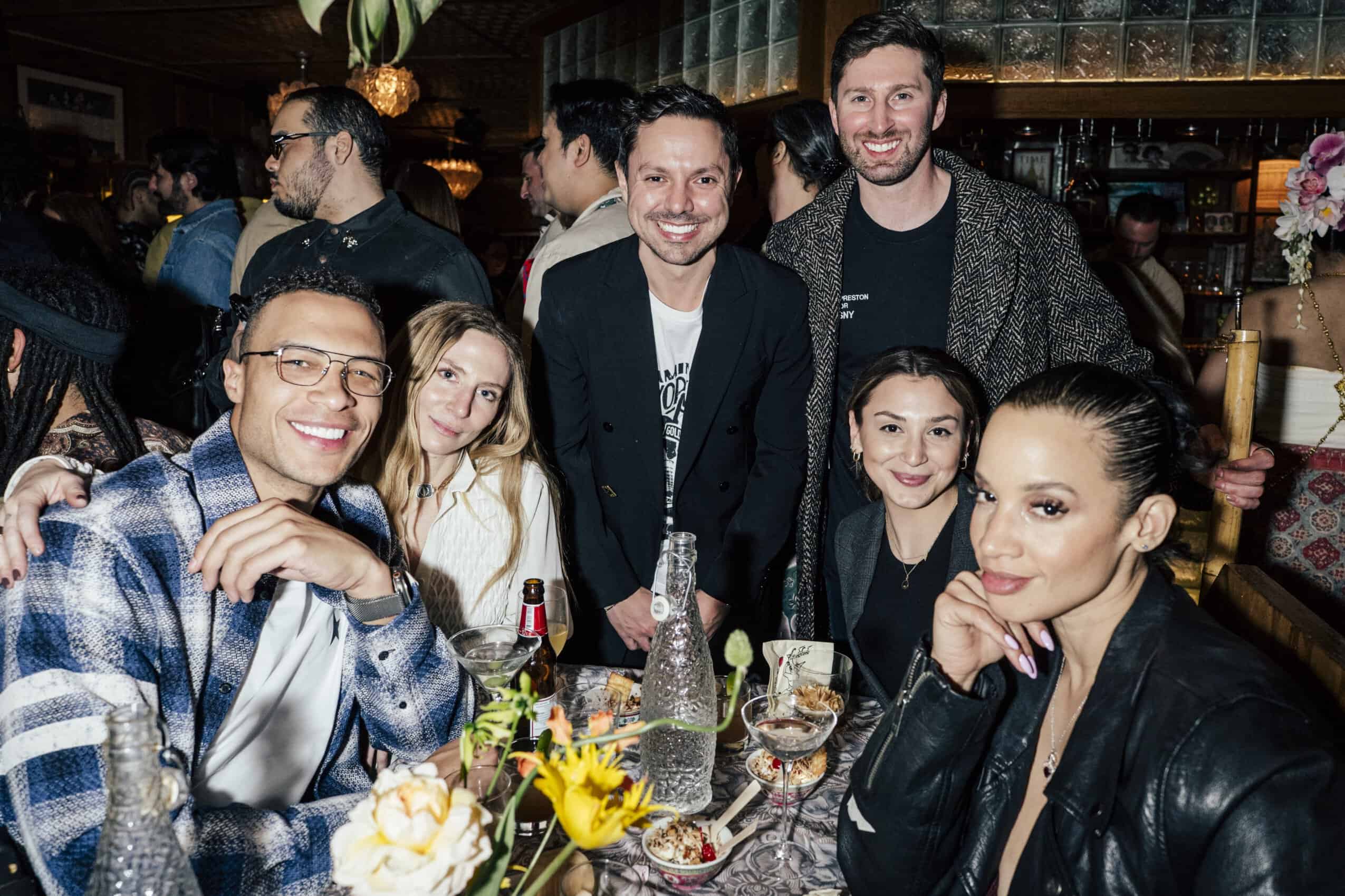The debate over the use of AI in filmmaking got even hotter recently thanks to Blumhouse co-founder Jason Blum, who has partnered with Meta to test a series of short films using Meta Movie Gen, a new tech tool that utilizes text-to-video to generate AI content. The project is part of a larger goal to garner feedback from the creative community into next year, as Movie Gen continues to evolve before it’s made public.
Blum unveiled the first short film yesterday (seen below), which was directed by Aneesh Chaganty (Searching) and is titled i h8 ai. The three-minute piece uses his own home movies to explore what the director’s childhood might have been like had AI been around when he was younger, and how it could have possibly shaped him as a filmmaker. Two other directors are on board to also test Movie Gen’s abilities, including Casey Affleck (I’m Still Here, Light of My Life) and the Spurlock Sisters (Livin’ the Dream), and you can expect to see their results in the coming days.
Connor Hayes, VP of GenAI at Meta, released a blog post to coincide with the Blumhouse partnership, saying he “feels it’s important to have an open and early dialogue with the creative community about how it can be the most useful tool for creativity and ensure its responsible use.” It should be noted that comments on i h8 ai are turned off over on YouTube, so apparently the “open dialogue” he’s hoping for is confined to the filmmakers themselves, and not the industry as a whole. In a statement released by Blum, he adds it’s “important to engage the creative industry” as the use of AI in Hollywood continues to be explored.
“Artists are and forever will be the lifeblood of our industry. Innovation and tools that can help those artists better tell their stories is something we are always keen to explore, and we welcomed the chance for some of them to test this cutting-edge technology and give their notes on its pros and cons while it’s still in development. These are going to be powerful tools for directors, and it’s important to engage the creative industry in their development to make sure they’re best suited for the job.”
In what comes as a surprise to no one, Blum’s post on X in which he shared Chaganty’s creation is getting a lot of negative feedback from members of the creative community who watched the short film and weren’t impressed by the results. Gavin Michael Booth, who has partnered with Blumhouse in the past, calls it “propaganda,” saying:
“Nice propaganda. You left out the part where what comes next isn’t just augmenting videos and putting FX artists out of work – it is the ability to create films without even needing the base footage. Or audio. Or actors.”
John Squires, Editor-in-Chief for Bloody Disgusting, says the whole thing makes him “sad,” not only because Chaganty is already an accomplished filmmaker without the use of AI, but because the end result of his short film feels “hollow.”
“This made me sad in a way it definitely wasn’t intended to. Aneesh is a supremely talented filmmaker and I appreciate the attempt at a heartfelt approach here, but all I’m seeing is charming, straight-from-the-heart home movies turned into hollow, terrible looking slop. It’s sad.”
Related New Horror Movie Finally Gets Its Scary Bad Reviews at the Last Minute Before Release
A review embargo lifts at the last minute, and it seems the studio has a good reason for waiting, given the movie’s RT score.
Fans are also contributing to the debate, pointing out the irony of Blumhouse producing a number of films that warn against the dangers of AI (M3GAN, AFRAID), only for its co-founder to jump in head first to test the waters. Many are already refusing to support next year’s Five Nights at Freddy’s 2 if they even sense that artificial intelligence was used in its creation, while others have remarked that generative AI is theft because it uses art created by humans to inform its code (often without permission), which in turn produces pale imitations of what the human imagination is capable of.
Whichever way you slice it, the debate over AI in Hollywood isn’t going away anytime soon, and as more high-profile individuals like Blum explore ways to embrace the technology, it’s only going to add more fuel to an already blazing fire that promises to divide the industry like nothing before.
You can view the original article HERE.









![Tom Hardy & Guy Ritchie’s ‘MobLand’ Crime Drama Lands [X] Rotten Tomatoes Score Tom Hardy & Guy Ritchie’s ‘MobLand’ Crime Drama Lands [X] Rotten Tomatoes Score](https://static1.moviewebimages.com/wordpress/wp-content/uploads/2025/03/tom-hardy-in-guy-ritchie-s-mobland.jpg)




















